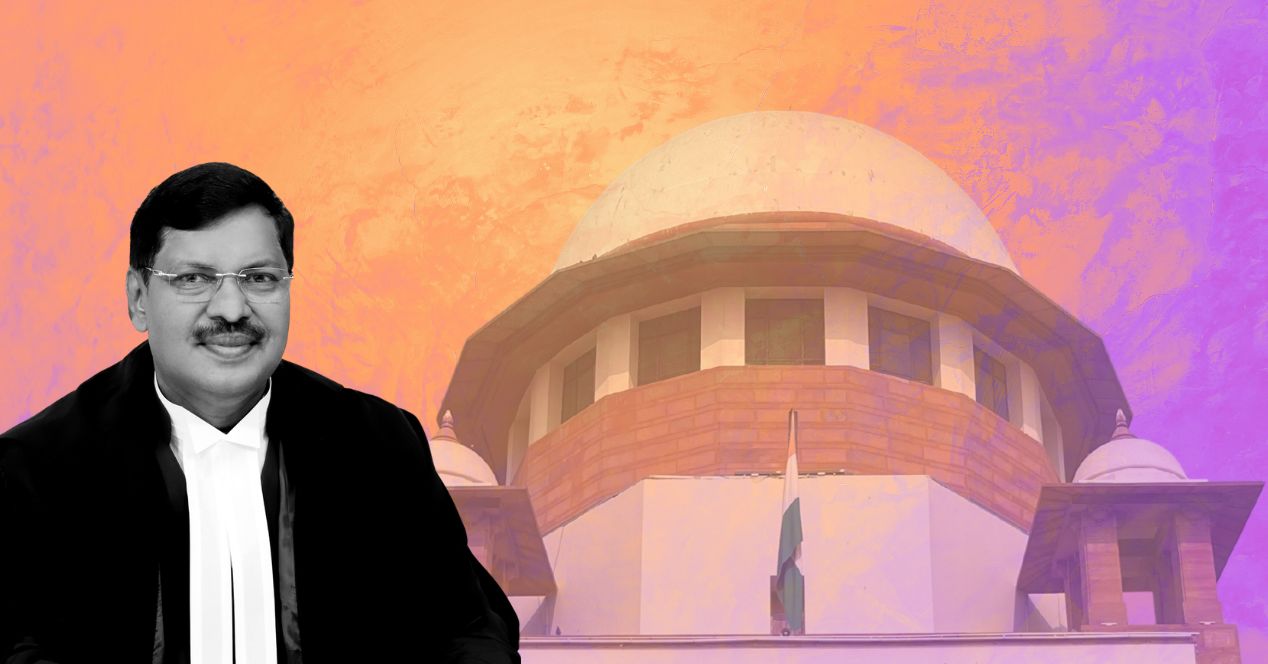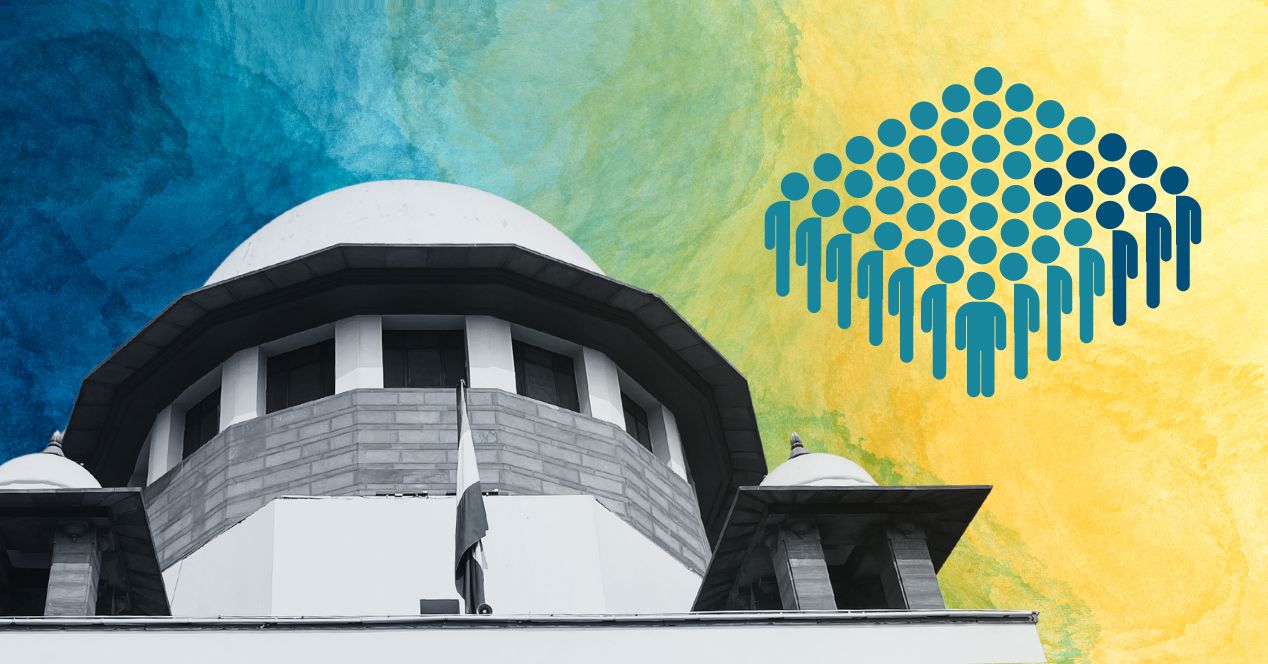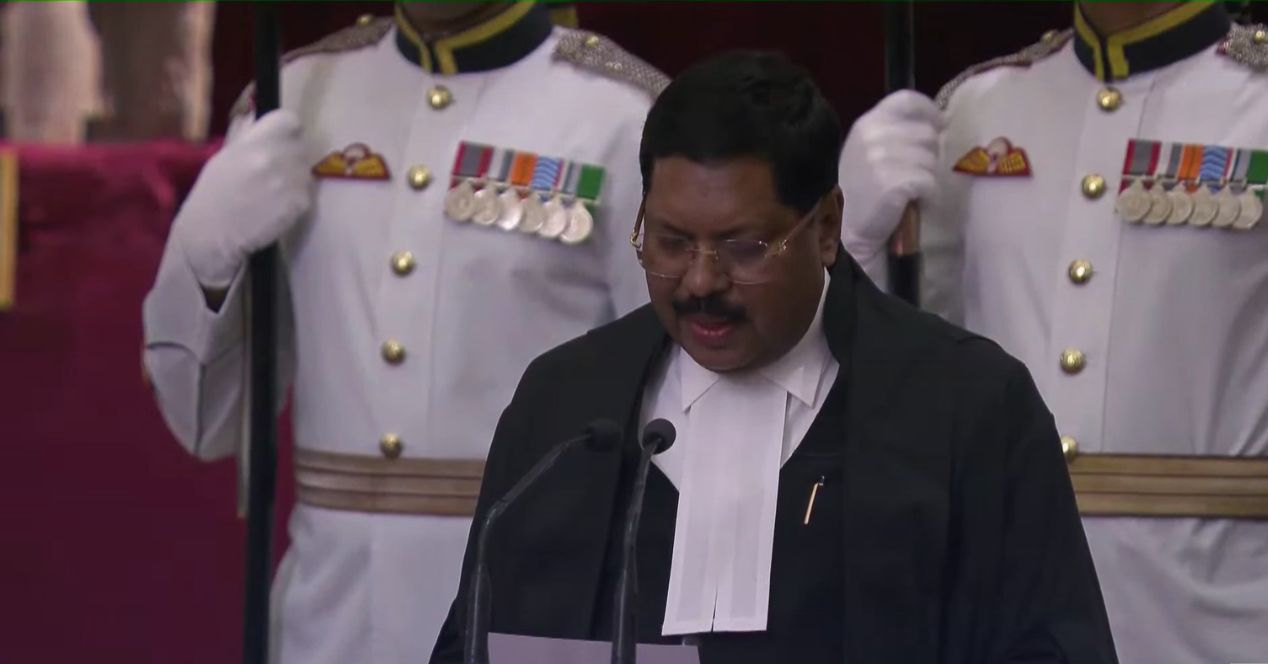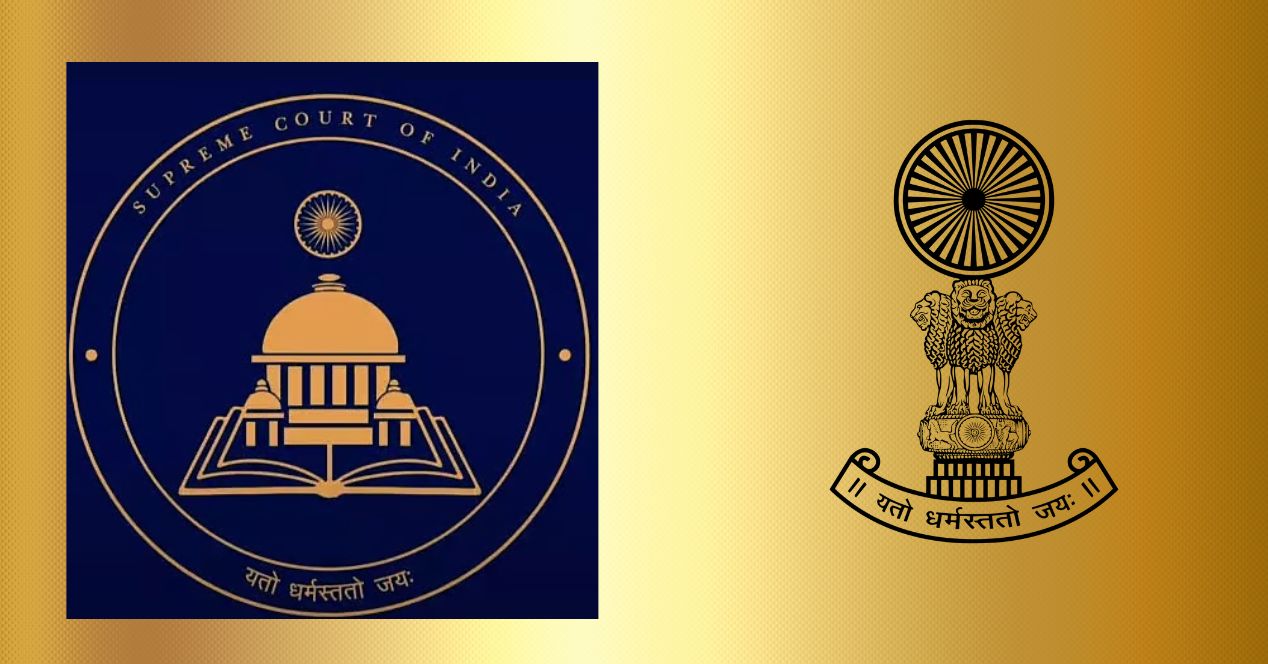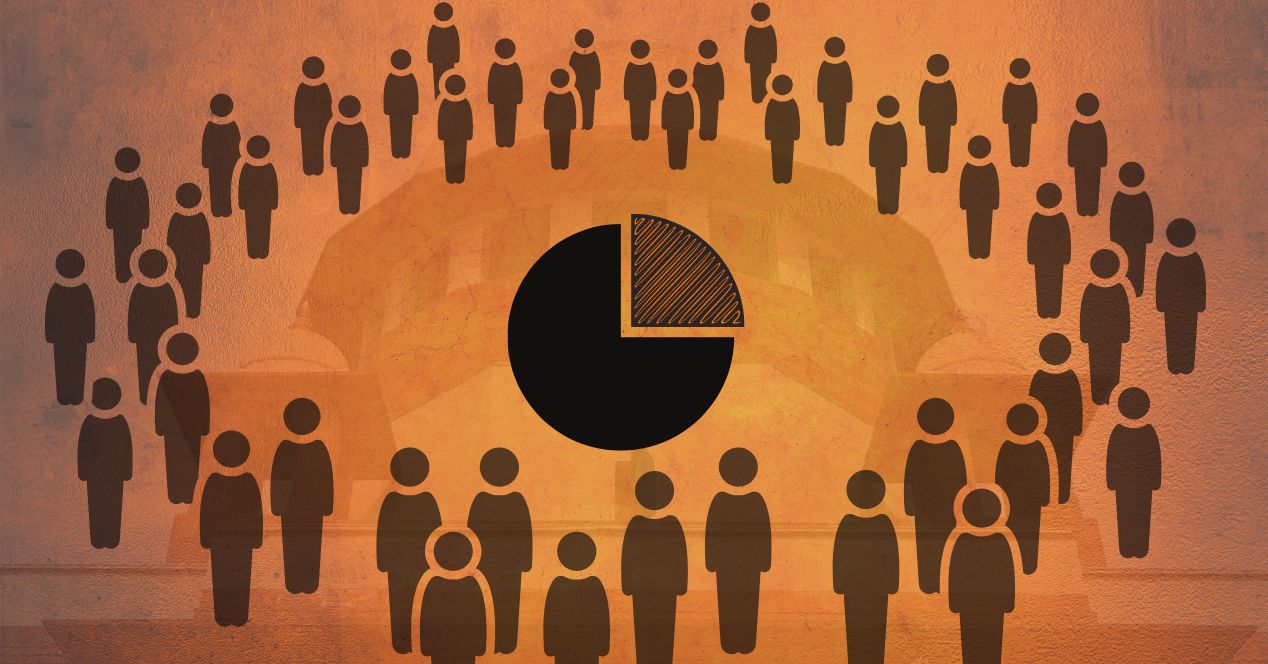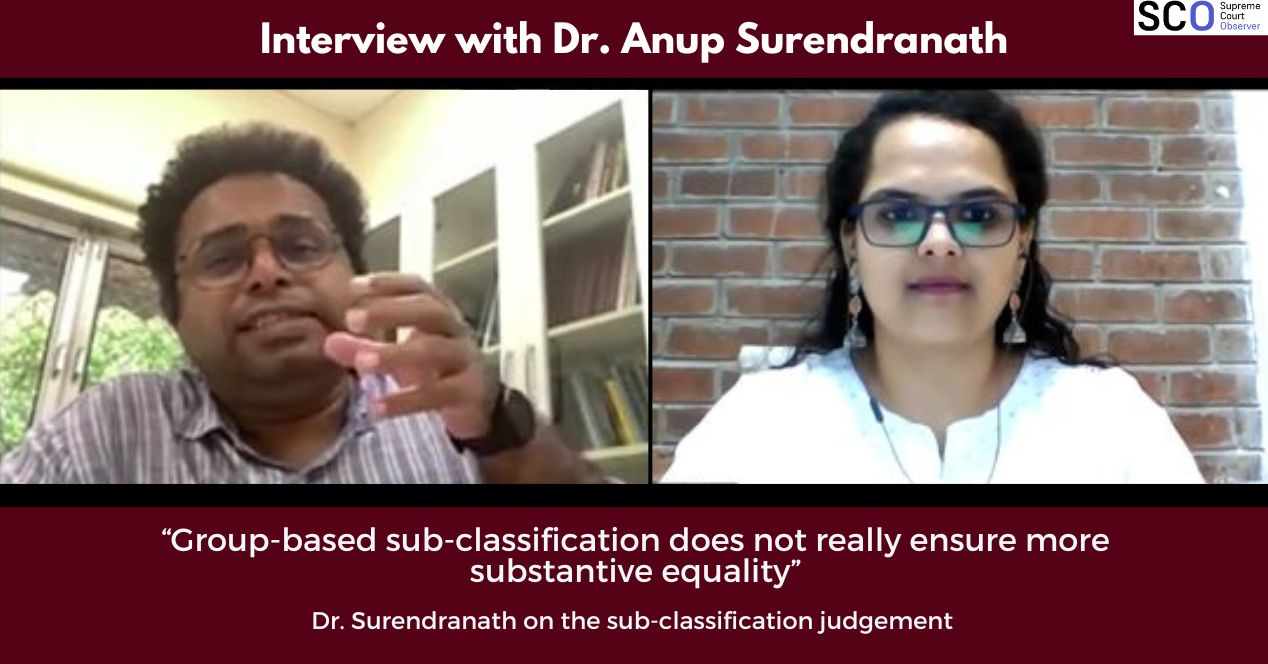Analysis
Looking inward
While acknowledging that the SC needs to apply its own judgements, the CJI recently announced reservations for administrative staff roles
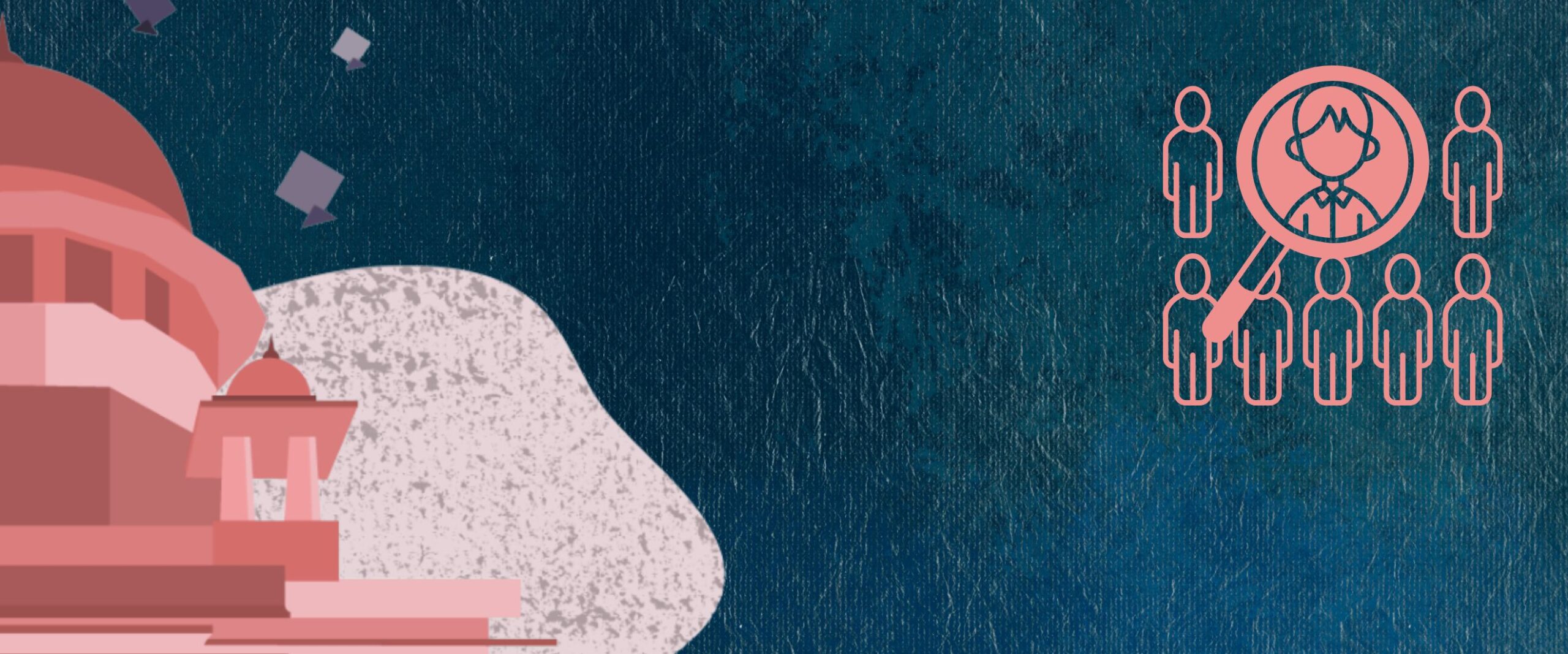
“Equality and representation are not competing ideals but complementary forces that drive India’s constitutional vision forward,” Chief Justice B.R. Gavai said while referring to one of the most significant judicial administrative reforms in recent times.
On 24 June, the Supreme Court formally introduced a reservation policy for the direct appointment and promotion of Scheduled Caste (SC) and Scheduled Tribe (ST) employees in its own staff. In line with the Union’s reservation framework, SCs will be entitled to 15 percent reservation and STs to 7.5 percent.
The Court has listed 1280 posts in all, the majority of which comprise junior court attendants (600 posts) and junior court assistants (437). Other roles include chamber attendant and library staff. The policy does not extend to judicial appointments. It also does not provide reservations for Other Backward Classes (OBCs), although Chief Justice Gavai is reportedly pushing for the inclusion. In 1992, the Court had extended reservations to OBCs through its landmark Judgement in Indra Sawhney v Union of India.
Over the years, through its judgements, the Court has shaped the contours of affirmative action in India. But it is the first time that it has applied it internally. “All government institutions and many high courts already have provisions for reservation for SCs and STs. So, why should the Supreme Court be an exception?” CJI Gavai was quoted as saying by Hindustan Times, “The Supreme Court has delivered several landmark judgments on affirmative action, and as an institution, it had to apply it. Our actions must reflect our principles.”
In R.K. Sabharwal v State of Punjab (1995), the Court held that reservations must be based on the total number of sanctioned posts in a cadre, not on vacancies arising in a given year. Following this Judgement, the government replaced its vacancy-based rosters with post-based rosters to ensure that posts are pre-marked for SCs, STs and General categories, and also so that reservation doesn’t exceed 50 percent.
In M. Nagaraj v Union of India (2006), the Court upheld constitutional amendments enabling reservation in promotions but imposed conditions around quantifiable data on backwardness, underrepresentation and administrative efficiency. These proved impractical to meet, so in Jarnail Singh v Lachhmi Narain Gupta (2018), the Court did away with the requirement to re-establish the backwardness of SCs and STs already earmarked in the Presidential List. More recently, Davinder Singh v State of Punjab (2024), the Court reiterated the need for substantive equality by recognising sub-classifications within the SC and ST categories.
For nearly three decades since R.K. Sabharwal, the Court’s inaction on reservations stood in contrast to its constitutional eloquence. Grand institutions that command respect may find it convenient to let institutional inertia remain unsettled. It’s not that the Court never had the opportunity to answer the call for change—it had simply not felt the pressure.
What seems to have tipped the scale this time is leadership. That it took until 2025 for a CJI to absolve the Court of its negative exceptionalism on the affirmative action front speaks to the glacial pace of certain institutional changes. It is fitting that the decision was finally taken by only the second Dalit Chief Justice in the Court’s 75-year history.
Like other administrative changes, this move will be tested by its implementation. How the Court fills backlogs and whether it will cross the bridge to OBC reservation will be watched closely. But for now, the fact that an institution that directs others to uphold constitutional mandates has turned the gaze inward is worthy of note. The CJI’s term may be brief, but internal reforms such as this one ensure that it won’t go unnoticed.
Update: Since we finalised the newsletter, the Supreme Court uploaded a Gazette notification dated 3 July 2025 on its website. The notification records that the Chief Justice has amended Rule 4A of the Supreme Court Officers and Servants (Conditions of Service and Conduct) Rules, 1961, to extend reservations to SCs, STs, OBCs, Physically Challenged, Ex-servicemen and dependents of Freedom Fighters in accordance with Government of India rules. While the roster accounts for reservations only for SCs and STs, the notification presumably lays the groundwork for future reservations in all the other categories too.
This article was first featured in SCO’s Weekly newsletter. Sign up now!

